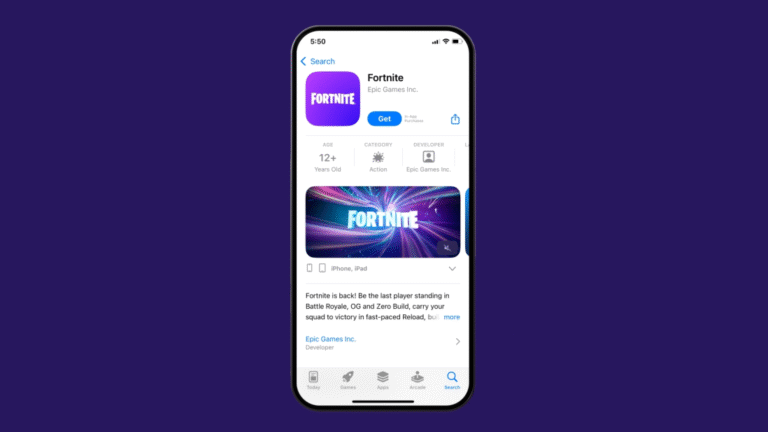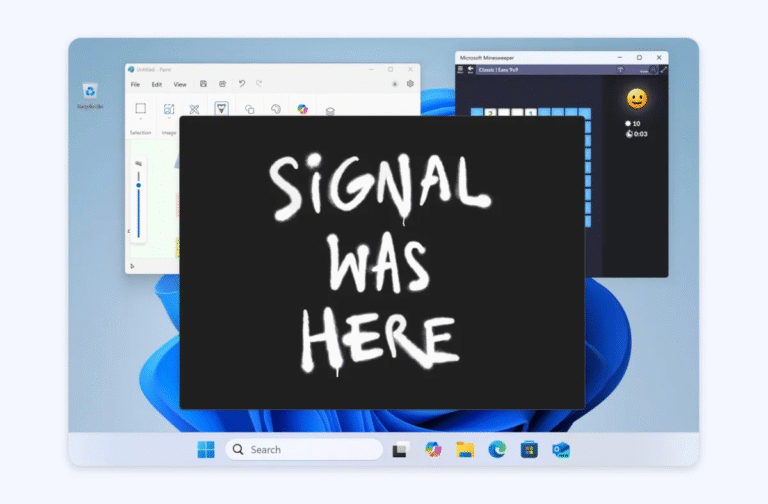Pope Francis has made a significant appeal to global leaders, emphasizing the importance of ethical oversight in the development of artificial intelligence (AI). Speaking indirectly to the World Economic Forum (WEF) in Davos, Switzerland, the pope highlighted the dual nature of AI: its capacity to benefit humanity and its potential to exacerbate existing societal challenges, particularly a growing “crisis of truth.”
Balancing AI Innovation with Ethical Responsibility
In a statement read on his behalf by Cardinal Peter Turkson, a Vatican official, Pope Francis praised the transformative capabilities of AI but cautioned against its risks. He noted that AI-generated outputs are increasingly indistinguishable from human work, raising concerns about misinformation and manipulation in public discourse.
“The results that AI can produce are almost indistinguishable from those of human beings, raising questions about its effect on the growing crisis of truth in the public forum,” the pope’s message stated. He called on governments and businesses to exercise “due diligence and vigilance” in AI development to ensure it aligns with ethical principles and serves the common good.
AI and the “Crisis of Truth”
The pope’s warning comes as AI technologies continue to advance at a rapid pace, with some applications already contributing to the spread of disinformation. Generative AI tools, such as deepfake technology, have the power to create realistic yet false narratives, undermining public trust.
In early 2024, Pope Francis himself was the subject of a viral deepfake image that appeared to show him wearing a dramatic white puffer coat. This incident highlighted the real-world implications of unchecked AI misuse and the urgent need for global regulatory measures.
Advocacy for Human-Centric AI
Pope Francis has long been an advocate for ethical considerations in technological innovation. At the Group of Seven (G7) summit in Italy last June, he urged leaders to ensure that algorithms and artificial systems do not dictate human destinies. Instead, he called for a human-centered approach to AI that prioritizes dignity, truth, and fairness.
His message at Davos reinforces these sentiments, urging world leaders, industry executives, and policymakers to adopt robust frameworks that balance innovation with ethical responsibility.
A Global Call for Action

As AI becomes a central theme at forums like the WEF, leaders are grappling with how to maximize its benefits while addressing its risks. The pope’s plea for vigilance aligns with growing global recognition of the need for transparent and accountable AI governance.
AI has the potential to drive meaningful progress in fields such as healthcare, education, and public services. However, without ethical safeguards, it could also deepen societal inequalities and erode trust. Pope Francis’ call for a balanced approach highlights the urgency of ensuring AI development serves humanity rather than harming it.
The “AI Message” for the Future
The pope’s address at Davos underscores the need for a unified “AI message”—one that champions ethics, truth, and human dignity as core principles. His appeal reminds leaders of their responsibility to shape AI as a tool for collective good, rather than a source of division or harm.
By advocating for ethical AI practices, Pope Francis has set the stage for meaningful dialogue on the intersection of technology, society, and morality. His vision challenges stakeholders across sectors to prioritize long-term human well-being in the ongoing evolution of artificial intelligence.








